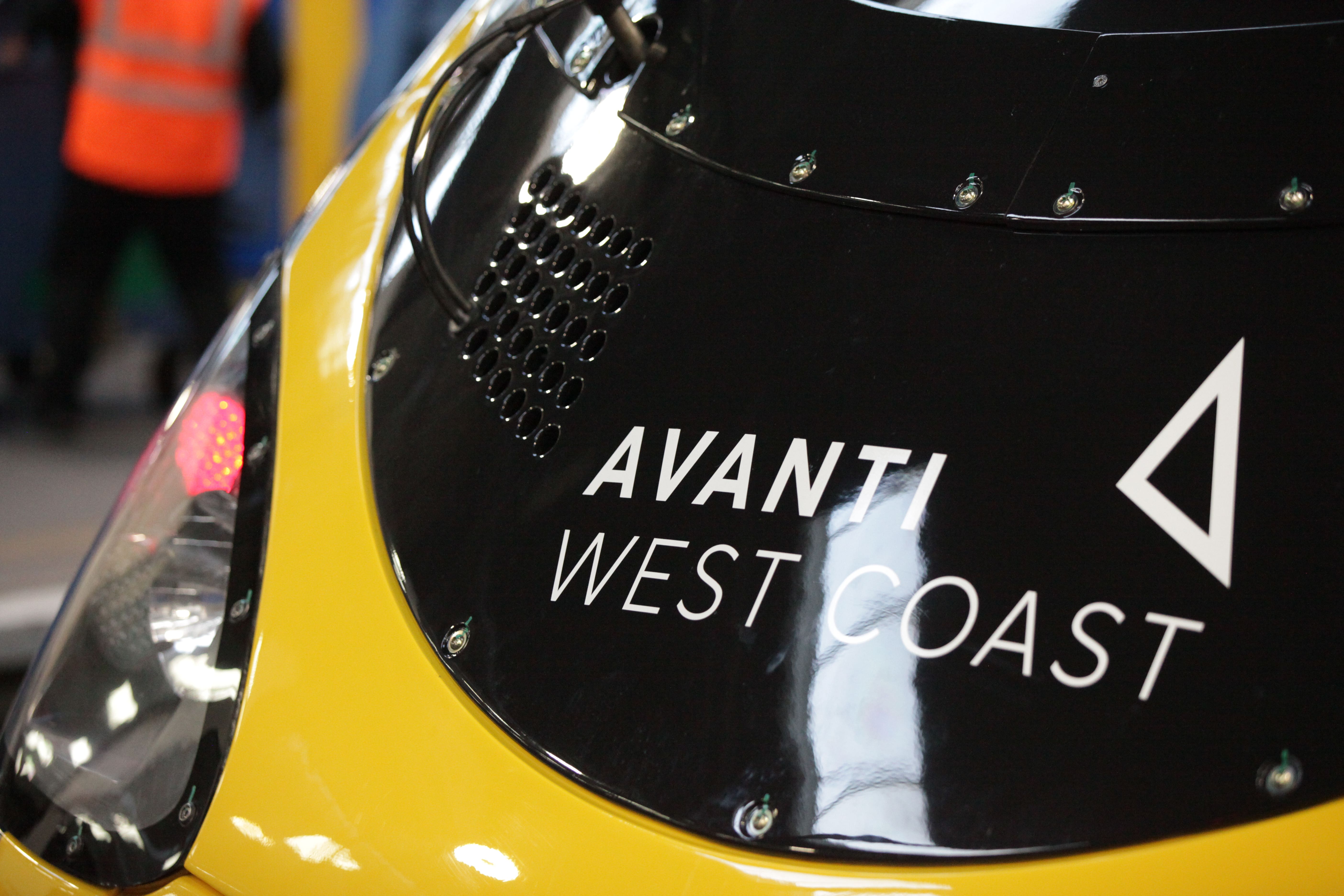Badenoch blames months of new train strikes on Labour’s pay rises for unions and says commuters will suffer
Downing Street calls on RMT union leader Mick Lynch to ‘get back round the table’ to resolve dispute ahead of five months of strike chaos on Avanti West Coast line
Your support helps us to tell the story
From reproductive rights to climate change to Big Tech, The Independent is on the ground when the story is developing. Whether it's investigating the financials of Elon Musk's pro-Trump PAC or producing our latest documentary, 'The A Word', which shines a light on the American women fighting for reproductive rights, we know how important it is to parse out the facts from the messaging.
At such a critical moment in US history, we need reporters on the ground. Your donation allows us to keep sending journalists to speak to both sides of the story.
The Independent is trusted by Americans across the entire political spectrum. And unlike many other quality news outlets, we choose not to lock Americans out of our reporting and analysis with paywalls. We believe quality journalism should be available to everyone, paid for by those who can afford it.
Your support makes all the difference.Kemi Badenoch has claimed train commuters will “suffer” for Labour’s inflation-busting pay rises for unions.
The Tory leader’s comments came after train managers voted for five months of chaos, beginning on New Year’s Eve.
In August, train drivers were given a hike of 14.25 per cent over three years, raising the average salary to £69,000.
But it sparked a backlash when the train drivers’ union Aslef announced fresh strikes just two days later.
The strikes come after workers rejected a deal designed to resolve a dispute over “rest day” working.

A spokesman for Ms Badenoch said: “It speaks volumes about the Labour Party policy of offering enormous pay rises to their trade union paymasters and getting nothing in return, and it’s commuters who are going to suffer.”
An adviser to the Labour mayor of Manchester Andy Burnham hit out at the strikes, calling them a “direct attack” on the hospitality industry.
Sacha Lord, Manchester’s nighttime economy adviser, also described the move as a “kick in the teeth” for bars and restaurants.
He tweeted that he was “all for improved pay and workers’ rights” but added that “striking on NYE (New Year’s Eve) is a direct attack on hospitality, the busiest night of the year. It will result in a raft of cancellations, especially hotels and restaurants. A kick in the teeth at the end of an extremely difficult year.”
No 10 called on the RMT to “get back round the table” to resolve the dispute.
And a spokesman for the prime minister added: “Passengers are right to be disappointed.”
Avanti West Coast runs high-speed routes between London, the North West and Scotland.
An Avanti West Coast spokesperson said: “This strike action will cause significant disruption to our customers making journeys on the West Coast Main Line over an extended period.
“We’re disappointed our train managers who are RMT members have voted to decline the very reasonable, revised offer made to them to resolve the rest day working dispute and avoid inconveniencing our customers. We remain open to working with the RMT to resolve the dispute.”
An RMT spokesperson said: “Our members have resoundingly rejected Avanti’s latest offers in two referendums and sustained strike action is now the only way to focus management’s minds on reaching a negotiated settlement with the union.”

The RMT said up to 400 of its members are involved in the dispute. They voted by 83 per cent against a suggested deal.
Strikes that had been planned for 22, 23 and 29 December were suspended last week after a suggested agreement was put to a referendum of RMT members.
A Department for Transport spokesperson said: “This is incredibly disappointing news for passengers who would have been hoping to leave strike action in 2024, and we strongly encourage both the RMT and Avanti West Coast to get back around the table and work in good faith to resolve this as quickly as possible. As part of our plans to reform the railways, we’re determined to move towards a seven-day working week and end the overreliance on rest day working, giving passengers the certainty and reliability they deserve.”

Join our commenting forum
Join thought-provoking conversations, follow other Independent readers and see their replies
Comments